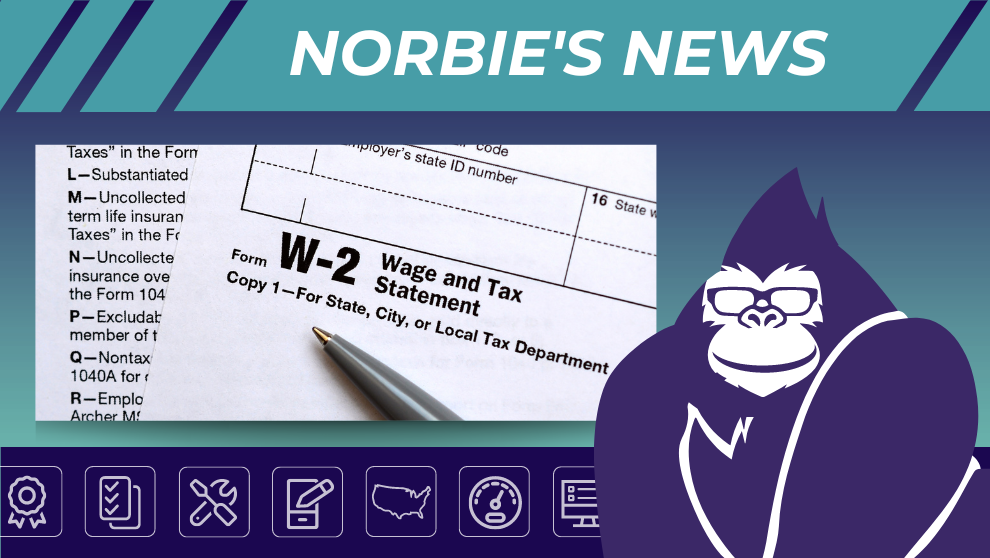
The Cost of Social Inflation on Insurance Affordability
By Edmund Dabrowski, Senior Vice President, Workers' Comp
Social inflation has become an important factor in the cost of liability insurance. But what exactly is social inflation, and how does it impact the cost of insurance?
According to the Insurance Information Institute (III), “Social inflation encapsulates how insurers’ claims costs can rise above general economic inflation, along with shifts in societal preferences over who is best placed to absorb risk.”
Social inflation differs from general economic inflation in that insurers are unable to better mitigate losses and make adjustments to pricing models, as factors impacting social inflation are more difficult to predict.
"Social inflation encapsulates how insurers’ claims costs can rise above general economic inflation, along with shifts in societal preferences over who is best placed to absorb risk."
Primary Causes of Social Inflation
The Society of Actuaries (SOA) attributes the primary cause of social inflation to an “increase in the litigiousness of society.” Propelled by several unpredictable factors, social inflation is a key contributor to higher insurance costs driven by increased litigation, larger compensatory awards, shifting state regulations, legal proceedings taking longer than reasonably expected, broader definitions of liability and more plaintiff-friendly courts.
Another contributor to social inflation has been growth in third-party litigation funding which, according to Bloomberg, has become a $39 billion industry. Third-party litigation funding is a practice that allows individuals to invest in lawsuits in exchange for a percentage of a potential settlement. The fact that investors assume all responsibility for litigation costs upfront allows plaintiffs to hire expert legal representation that in most situations they wouldn’t be able to otherwise afford.
The Impact on Insurance Costs
Over certain periods of time, the industry has seen claim costs rise above the rate of general economic inflation. Today, the SOA reports that social inflation is having an impact on a number of insurance lines that include commercial automobile, directors and officers, errors and omissions, and workers’ compensation insurance lines. Furthermore, larger plaintiff awards for primary umbrella policies are exceeding contract limits and impacting umbrella and excess policies.
"Another contributor to social inflation has been growth in third-party litigation funding [...] has become a $39 billion industry. Third-party litigation funding is a practice that allows individuals to invest in lawsuits in exchange for a percentage of a potential settlement."
– Bloomberg
Conclusion
It’s unclear as to just how long this latest surge of social inflation will have on the insurance industry. As we near the final quarter of the year, brokers need to be proactive when it comes to reviewing accounts to help reduce and better manage risks in business operations.
Edmund Dabrowski is Senior VP of Workers' Comp of Builders & Tradesmen's Insurance Services, Inc., an Amynta Group Company.
Builders & Tradesmen’s Insurance Services Inc.
BTIS is committed to providing robust, individualized products and the highest level of service. Our easy-to-use commercial insurance platform, educational tools, and helpful underwriters make it simple for producers to diversify their books of business by expanding their product portfolios.
Part of the Amynta Group, BTIS is a nationwide insurance intermediary with a small-business attitude. We believe in building solid relationships through communication and a genuine concern for the success of our retail broker clients and the policyholders they serve.
For additional information, visit www.btisinc.com or call (877) 649-6682


